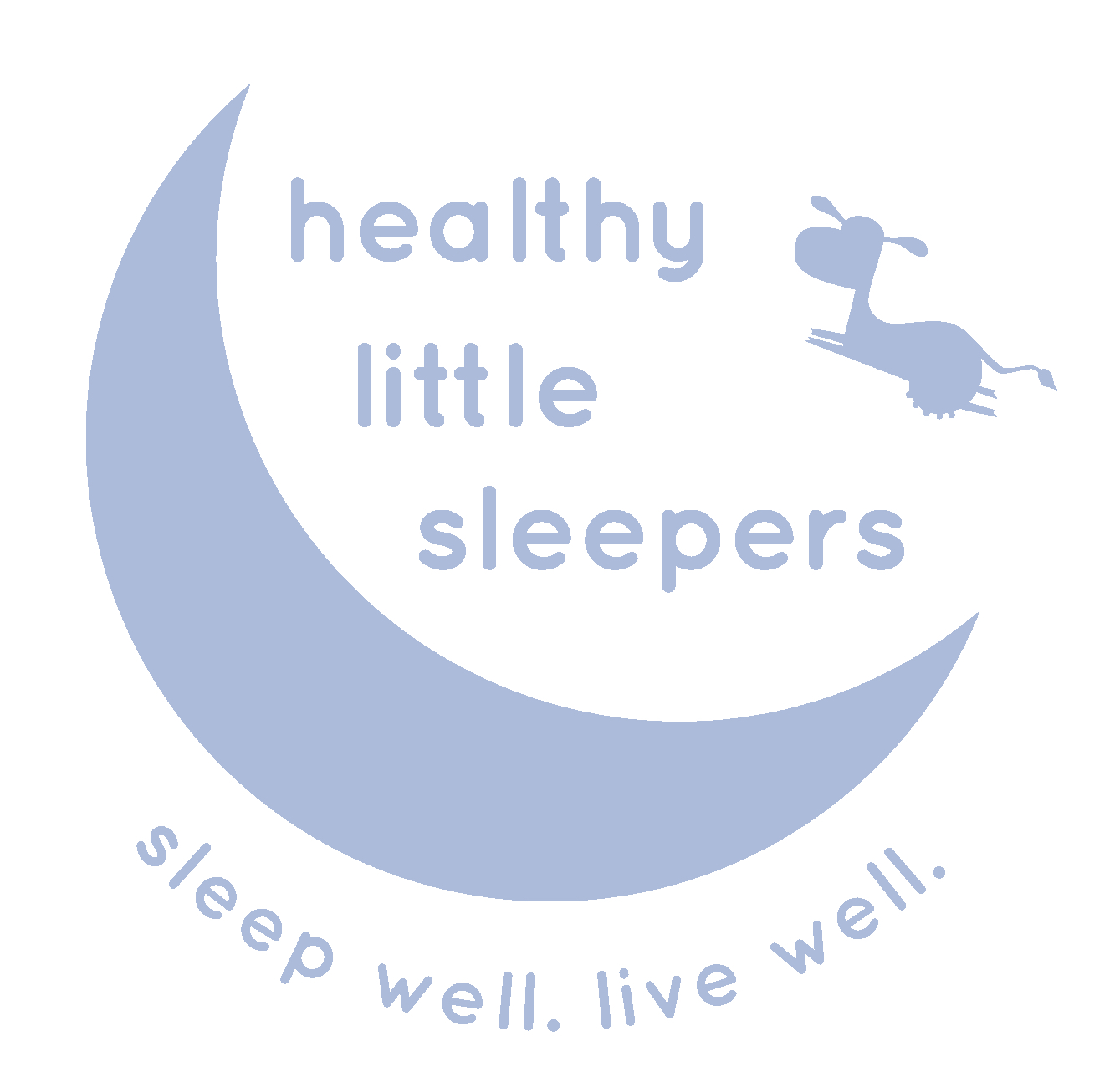Why Baby’s Naps are So Short (& How to Fix It)
Woohoo! Baby is down for a nap!
You’ve got some time to yourself before your little one wakes up… You make yourself a fresh cup of coffee, sit down to answer some emails, maybe find something to watch on Netflix – then BAM, baby’s awake. You check your phone and it’s only been 20 minutes, that clocks in at another short nap. Ugh.
Typically any nap that lasts less than 45 minutes – or the length of a sleep cycle – is considered a short nap. Now, if your baby is younger than 4 months old, short naps are definitely common because your newborn’s sleep rhythms don’t develop until 4 months of age. But, if your baby is older than 4 months and continues to take short naps then we can definitely start to adjust some things and help them learn to connect those sleep cycles.
Short naps happen. And they suck.
They might be normal, but if short naps continue to happen, it can become a real challenge. If your little’s naps are on the short side, it could mean:
Your little will be overtired, which means they’ll be cranky and it’ll be more difficult for them to sleep later.
Your baby’s sleep is totally thrown off. Short naps can absolutely affect your little’s bedtime and lead to more middle of the night wakings.
More stress for you! When you’re dealing with short naps, you can feel like you’re constantly trying to help your little one sleep and your day to day can feel out of control.
What leads to short naps?
Short naps can happen for many different things. Here are four frequent culprits.
Overtiredness
When your little goes past their sleep window (meaning going down for that nap too late), they go straight into overtiredness. Their bodies try to make up for missing that window by releasing adrenaline and cortisol, hormones that make it harder to fall asleep – even though they’re definitely tired.
Undertiredness
If it’s time to drop a nap, they might wake up from their naps early (or not go down for that nap at all). All the details for how to drop a nap and if it’s even time to drop one can be found in this article, Naptime 101.
Environment
Light, noise, and even a warm room can wake your little up early from their nap – and also make it harder for them to get back to sleep.
Sleep crutches
If your little hasn’t yet mastered falling asleep independently and is relying on sleep crutches – being fed, rocked, held, etc. – chances are when they wake up from a brief awakening at that 30-45 minute mark it’s harder to fall back asleep because they’ve woken in a different space than where they fell asleep.
How to stretch naps
Figuring out why baby’s naps are so short is key to fixing things, but, if you’re still at a loss, here are some general tips for stretching out those naps.
#1: Optimize your baby’s sleep environment
Make sure your baby’s room is optimized for sleep. That means it should be dark, quiet, and cool. I recommend using blackout curtains and a noise machine to help your little sleep.
#2: Be aware of your baby’s sleep windows
There’s a fine line between keeping your little up too long and putting them down too early – so make sure you’re aware of their sleep windows. The first nap is often 8:30/9:00am and the second one is between 12:00/1:00pm. If you haven’t yet nailed down those sleep windows yet, you can pay attention to your baby’s sleep cues: disengaging, avoiding eye contact, blank staring, and slowing in activity. Then, start the nap routine 10-15 minutes before you start to see those cues, so they don’t quickly become overtired.
#3: Teach independent sleep
This is a big part of sleep training and why it’s so important! And it’s also why sleep crutches can be so detrimental to sleep and short naps. If your baby falls asleep while feeding or in your arms, when they wake up in their crib, they may become disoriented and will likely not be able to fall back to sleep on their own because that’s not how they fell asleep. When we sleep train, we help you help your little to learn how to sleep independently, so when they wake between cycles – whether it’s at naptime or in the middle of the night – they’ll be able to fall back asleep all by themselves (meaning, their naps will be longer).
If your little has been stuck on short naps for more than a month, is older than 4 months old, and you don’t think it’s time to drop a nap (or even if you’re unsure of if it’s time), we can offer some extra help! Schedule a FREE 15-minute phone consultation with us now! (Or drop us your questions on Instagram – @healthylittlesleepers!)
